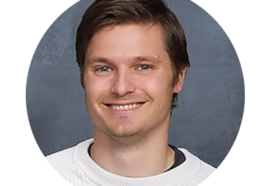Editorial: Correlation and causation: to study causality in psychopathology
Arne Lervåg
Abstract
The desire to seek explanations and causal patterns is deeply embedded in human nature. This has long been acknowledged, and as early as 29 BC Virgil stated “Lucky is he who has been able to understand the causes of things” (Pearl & Mackenzie, 2018). Yet still, the science of causality is quite new, and has developed much more recently than for instance probability and significance testing (Pearl, 2018). However, during the last 10–15 years a new focus on causal inference has affected how scientists think in most empirical fields in a way that some even argue represents a causal revolution (Pearl, 2018). The increased understanding of the logic behind causal reasoning has also affected how we study psychopathological development. It is now well acknowledged that the complexity of development and developmental disorders means we require explanations on different levels, using different research designs. The articles in this issue illustrate this in various ways.
We hope you enjoy the full editorial of this Issue, which is free on the Wiley Online Library.

Professor Arne Lervåg is a Professor of Education with a specialization in Educational Psychology at the University of Oslo. Arne’s research interests include development of reading, language and mathematics skills in addition to randomised controlled trials and quantitative methods in psychology and education.


